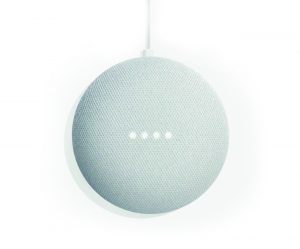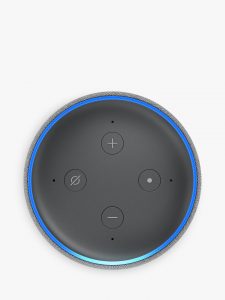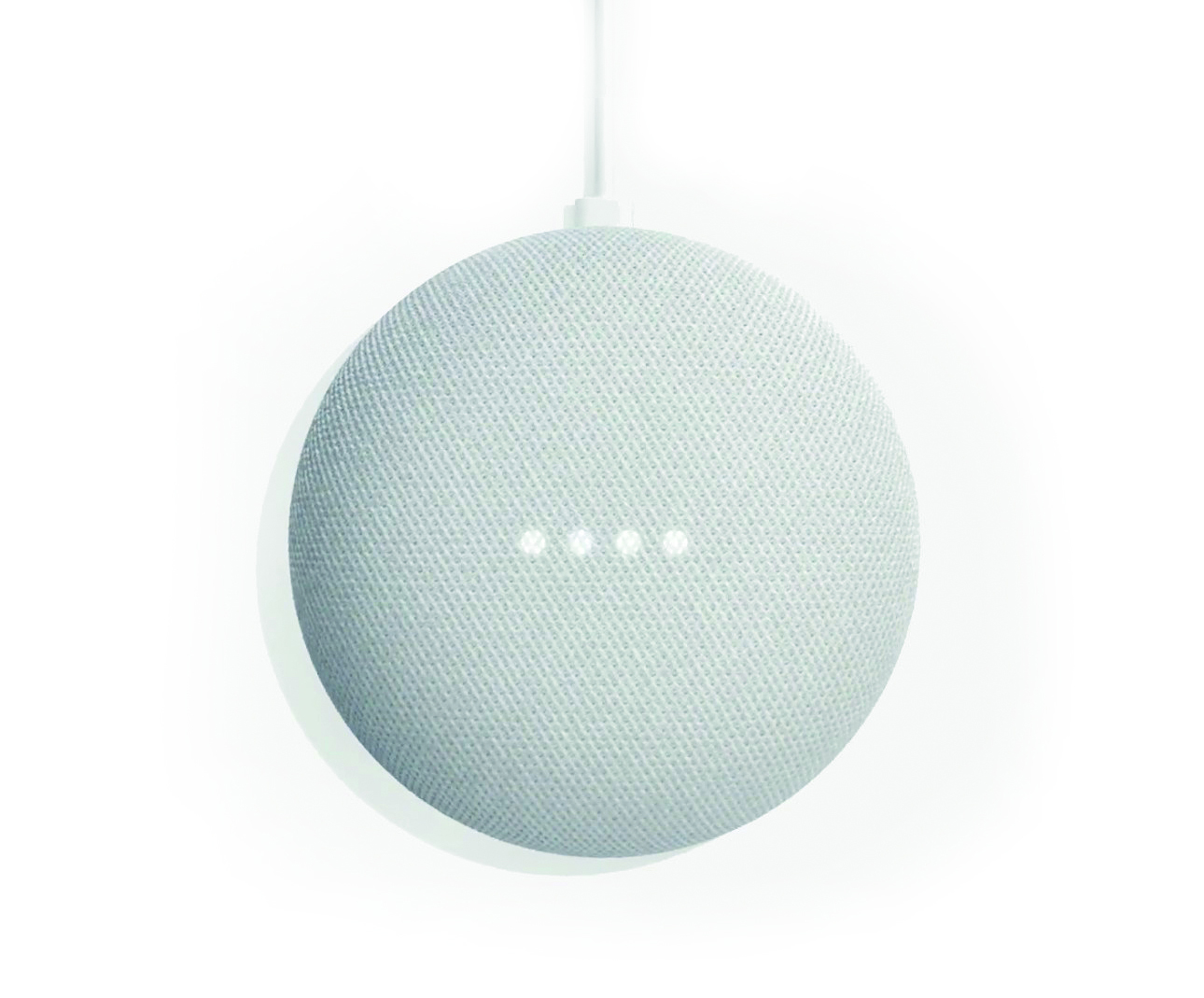The use of smart speakers and voice assistants such as Google Home and Amazon Echo, as well as Siri and Cortana on smartphones, is unmistakably on the rise. In fact, comScore predicts that by 2020, 50% of all searches will be voice searches.
It opens a wealth of opportunities, but to get your business as the first answer will require optimising your site – and in a different way than you would for keyboard searches. Here are a few things you can do to start…

Voice Search is Local Search
Location, or “near me”, features in 80% of voice searches, so it is vital that your site is set up to capture those local searchers. A good starting point for this is to set up your free Google My Business page. Not only does this ensure your venue appears on Google Maps, it’s also the go-to place for the engine’s local business search. Ensure all sections are completed, including opening hours, photos and reviews – even though a photo won’t appear in a voice search, having a full profile signals to Google that your business is credible.
It’s also a good idea to have some location information in your homepage metadata – the title and description that show on search engine results pages. Metadata is a major ranking factor and so it’s vital to get your high priority keywords in there.
Frequently Asked Questions
The majority of those using voice search will speak to their virtual assistants in full, specific, sentences like you would a friend. For example, natural sounding questions such as “Alexa, where’s a cocktail bar in Manchester?” are more common, opposed to SEO-focused questions such as “cocktails Manchester”.
To optimise your site for these “who”, “what”, “where” questions, create an FAQ page, including the full question the consumer would ask. You can also include snippets of content which answer specific questions the consumer may be asking. Snippets and FAQs will increase your website’s chances of showing up in voice search results and in Google’s ‘Featured Snippet’, which appears at the very top of keyboard search result pages.
When creating your answers, remember to keep them succinct as shorter answers are more commonly used in voice responses.

Page Speed
Voice search looks to give instant results, and so the quicker your site loads, the more likely it is to feature in voice results. Of course, the same applies to traditional searches, so having a fast site load speed is important for all areas really.
A common reason for a slow load speed is having large image files. While of course you want a high resolution, remember that images don’t need to be print-quality to look perfect on a screen.
You can test your site speed for free using Google’s tool – search for PageSpeed Insights, enter your URL, and Google will analyse it plus give suggestions on what can be improved.

Security
This is another area that is good practice in general, however another important ranking factor in voice search. Having a valid SSL Certificate, giving your site the https:// prefix, is proven to increase your ranking potential in voice results.
Implementing this is likely to require some help from your hosting provider, but is extremely worthwhile for both voice search and traditional search – Google now often places warnings against domains that don’t have an SSL in place. It’s another sign that your business is credible and, more importantly, trustworthy – especially if your site collects personal information through a contact form, for example.
Voice search is on the rise – but there are plenty of brands out there who are not yet optimising their site for it. By making small changes such as these above, you can seize the opportunity to get your name at the top of Siri’s suggestions.
Fat Media are a leading digital agency, who can offer help or advice on this, or any aspect of SEO. You can get in touch with them on 01524 548948 or info@fatmedia.co.uk.



